Atlanta Spirituality Conference with Rev. Dr. Barbara Brown Taylor focuses on Living with Religious Difference
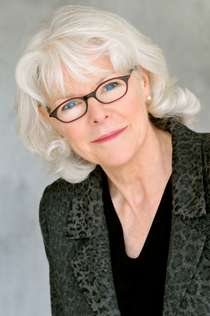 The Cathedral of St. Philip will be hosting a Spirituality Conference featuring the Rev. Dr. Barbara Brown Taylor on October 28 entitled, Holy Envy: Learning to Live with Religious Difference.
The Cathedral of St. Philip will be hosting a Spirituality Conference featuring the Rev. Dr. Barbara Brown Taylor on October 28 entitled, Holy Envy: Learning to Live with Religious Difference.
This one day conference will explore how religious pluralism challenges and deepens Christian identity in a world of many (and no) faiths. More about this event:
“Fifty years ago, only international explorers, foreign missionaries, or soldiers deployed overseas encountered people of vastly different faiths. Now anyone with a computer can go on a virtual Hajj to Mecca or learn meditation from a Zen master online. Spirituality has become as global as trade, raising all sorts of questions for people who never had cause to think about how many ways there are to approach the divine. What is a Christian to do? Barbara Brown Taylor has some ideas, based on teaching world religions to college students over the past twenty years. Join us for an introduction to “holy envy” and a few other rules of religious understanding.
Barbara Brown Taylor is a New York Times best-selling author, college professor, and Episcopal priest. Her first memoir, Leaving Church, won a 2006 Author of the Year award from the Georgia Writers Association. Her last book, Learning to Walk in the Dark, was featured on the cover of TIME magazine. She has served on the faculty of Piedmont College since 1998 as the Butman Professor of Religion and has been a guest speaker at Emory, Duke, Princeton, and Yale, as well as a guest on SuperSoul Sunday with Oprah Winfrey. Taylor and her husband Ed live on a farm in the foothills of the Appalachians, sharing space with wild turkeys, red foxes, white-tailed deer, and far too many chickens.”

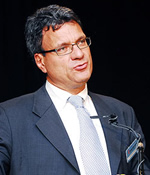
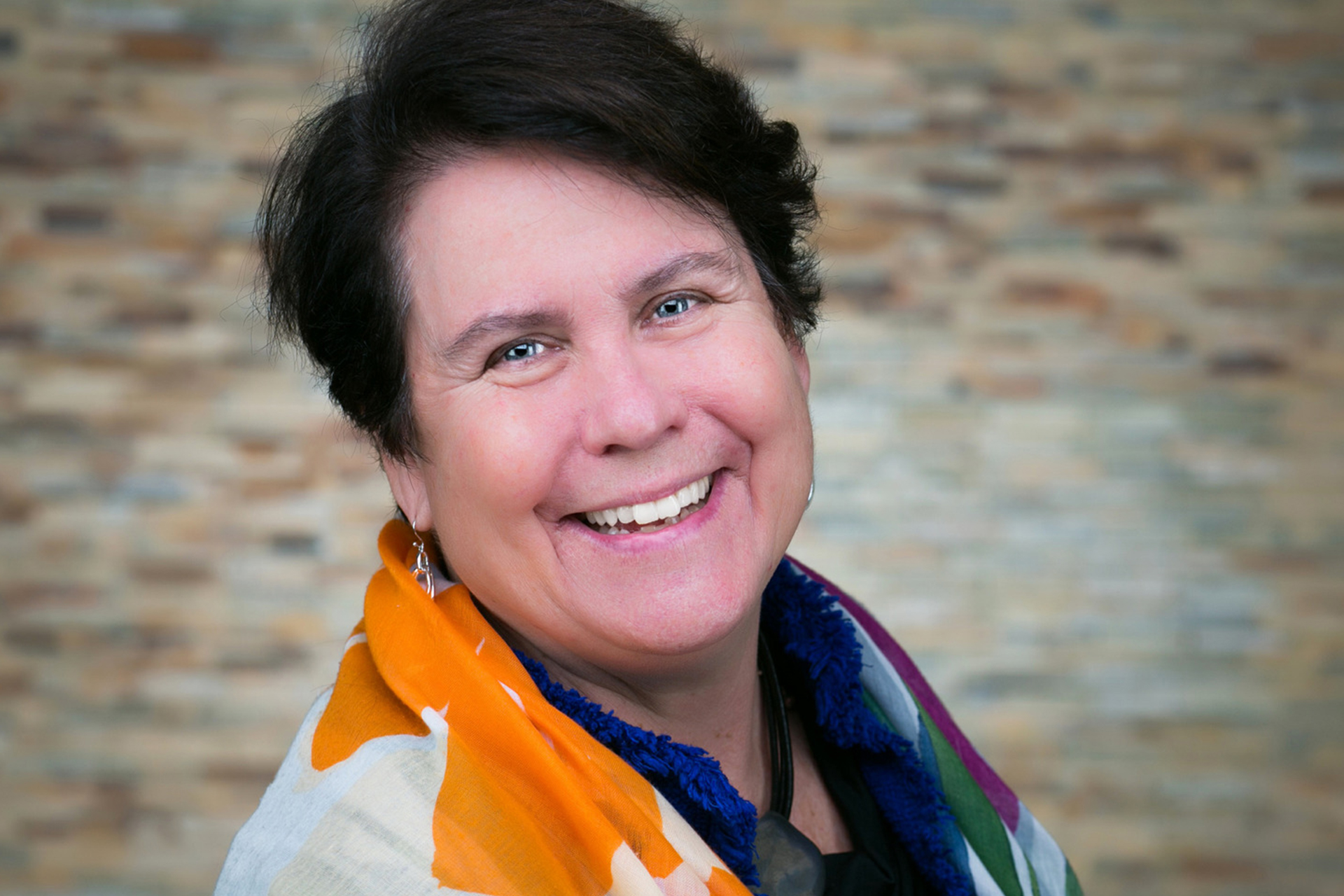 Life is a journey. Our relationship with a higher being is a journey too. Mine is a familiar one in some respects – 16 years of Catholic education, raising my children in the Methodist faith and then a time in the Presbyterian Church. And for a time I had another key experience as part of a teenage Jewish girl’s life as she prepared for bat mitzvah. I was wandering in terms of organized religion but always maintaining a belief in God.
Life is a journey. Our relationship with a higher being is a journey too. Mine is a familiar one in some respects – 16 years of Catholic education, raising my children in the Methodist faith and then a time in the Presbyterian Church. And for a time I had another key experience as part of a teenage Jewish girl’s life as she prepared for bat mitzvah. I was wandering in terms of organized religion but always maintaining a belief in God. Often times, the non-profit that I work for,
Often times, the non-profit that I work for, 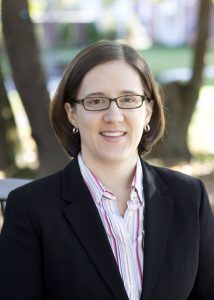 What distinguishes humans from other living beings is not primarily our wisdom but rather our ability to look toward the future. According to a
What distinguishes humans from other living beings is not primarily our wisdom but rather our ability to look toward the future. According to a 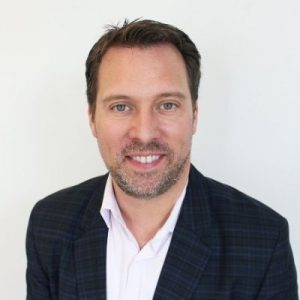 This time of year brings graduation celebrations across the many campuses of Atlanta’s higher education institutions. This year’s graduating class was born in either 1995 or 1996. The actual events on the fateful day of September 11, 2001 are well chiseled into their memory, but more than likely via replayed videos rather than through direct experience. These recent graduates were only five or six years old when the attacks — largely fueled by religious intolerance and inflicted on people of many faiths — occurred.
This time of year brings graduation celebrations across the many campuses of Atlanta’s higher education institutions. This year’s graduating class was born in either 1995 or 1996. The actual events on the fateful day of September 11, 2001 are well chiseled into their memory, but more than likely via replayed videos rather than through direct experience. These recent graduates were only five or six years old when the attacks — largely fueled by religious intolerance and inflicted on people of many faiths — occurred.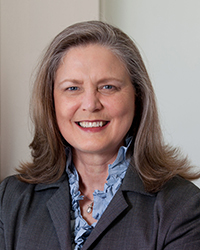 The Atlanta Interfaith Manifesto calls on all religious people to exercise the best of their sacred traditions to bolster the best of our nation’s constitutional principles and heritage. This is a particularly meaningful commitment for me, as it marries my two of my greatest lifelong passions: political science and the church.
The Atlanta Interfaith Manifesto calls on all religious people to exercise the best of their sacred traditions to bolster the best of our nation’s constitutional principles and heritage. This is a particularly meaningful commitment for me, as it marries my two of my greatest lifelong passions: political science and the church.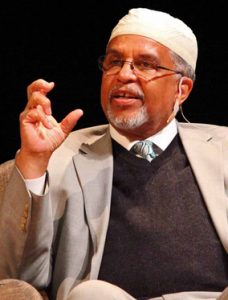 “O Humankind! We created you from a single male and female, and made you into nations and tribes that you may come to know one another. Surely the most honored among you in the sight of God is the most righteous of you.” -Qur’an 49:13
“O Humankind! We created you from a single male and female, and made you into nations and tribes that you may come to know one another. Surely the most honored among you in the sight of God is the most righteous of you.” -Qur’an 49:13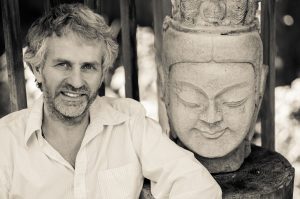 Those of us working to denounce religious bigotry, to speak up against disrespectful and inflammatory rhetoric, and to bring society together in love rather than allow us to be divided by fear and hate, find ourselves living in difficult, even dark times. From this perspective, the Atlanta Interfaith Manifesto is a rallying call to equity and justice.
Those of us working to denounce religious bigotry, to speak up against disrespectful and inflammatory rhetoric, and to bring society together in love rather than allow us to be divided by fear and hate, find ourselves living in difficult, even dark times. From this perspective, the Atlanta Interfaith Manifesto is a rallying call to equity and justice.